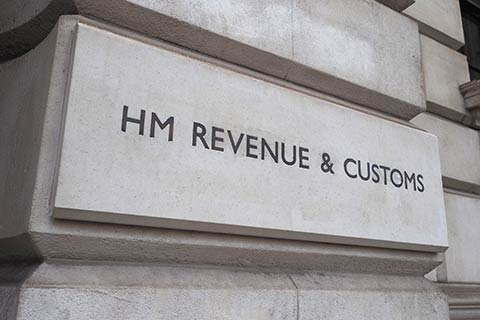10th April 2017 | Ian Anfield
First, a quick history lesson: Back in 2007, construction union UCATT, declared war on the use of self-employed construction workers. It coined the phrase ‘bogus self-employment’ and commissioned a few sketchy reports to highlight what it said was the widespread practice of forcing employees to relinquish their employment rights in return for being given work.
The campaign gained some traction with government, but because it was not based on fact, it was not supported by the people it was said to represent, and eventually failed. As for UCATT, its declining membership caused it to be swallowed by Unite earlier this year.
Today: Theresa May has ordered a review into the gig economy – the catch-all term to describe the growing number of short-term contracts and freelance jobs that have been created by tech companies such as Uber and Deliveroo, who use digital platforms to connect customers with self-employed people who await their next job.
I think you’ll agree with me that skilled labour-only subbies are a world away from students who want to make a few bob by sitting on their push bikes waiting for a pizza delivery instruction. Nevertheless, there is currently an attempt to bag up both groups together under the term gig economy.
For example, a few days ago, I came across one of our less successful competitors, using the terminology to describe the relationship between construction companies and self-employed trades because the scare story gives them something to say (based on an employment tribunal that ruled Uber drivers were, in fact, workers, rather than genuinely self-employed) and a ‘solution’ to offer.
The unions, meanwhile, are welcoming the advent of the gig economy as a golden opportunity to resurrect their failed bogus self-employment campaign. They have been fiercely lobbying Mark Taylor – who’s in charge of the gig economy review – telling him how hard done self-employed construction workers are.
While at a Labour Party policy meeting last week, impassioned speakers promised to ‘do something’ to help the plight of exploited construction workers who, it was claimed, are poorly paid and working in dirty and dangerous conditions – almost like slaves with no rights to protect them.
No doubt, there are small numbers of exploited workers in every industry. Hudson Contract has always deplored bogus self-employment and will continue to do so.
Equally, we deplore this cynical attempt to blur the lines between legitimate self-employment and the gig economy. Hudson Contract, our clients, and the tens of thousands of self-employed tradesmen who use us are not part of the gig economy. Our rigorous auditing processes are designed to identify and block any attempt to use our services by exploitative employers.
The construction industry needs to start singing a better song
Instead of continually talking down construction, it’s time people took note – and started discussing – how well-paid good tradesmen are, how they can produce fantastic work that they take pride in, and that there is no better industry if you are looking for a satisfying, well-rewarded career where the craic and camaraderie are second to none.
Self-employment is one of the by-products of the way the industry is structured, and this is not being properly looked at or taken into account. Maybe government should reverse its policy of bundling work into mega contracts that lock out small local firms, and maybe they should do something about late payments by major contractors.
Or is wagging a disapproving finger at genuinely self-employed workers much easier? Remember how close the Conservative Party just came to plundering more tax from freelancers, under the guise of the NI increase that they were forced to abandon in the face of mounting outrage.
Hudson Contract has a key role in making sure everyone choosing to use our self-employed contracts fully understand the terms under which they work. This includes setting out the benefits of being self-employed - so they can maximise them, and the lack of employment rights - so they don’t expect to receive them.
As for the gig economy, the contracts of self-employment used by the likes of Uber and Pimlico Plumbers have failed to stand up to employment tribunal scrutiny.
The moral of the story? Contracts and workplace circumstances dictate an individual’s employment status. And no Hudson Contract client has ever had a self-employment contract overturned.
Want to talk to us?
If you would like to get in touch, call us or fill in your details and we will call you back.
Call 01262 401040
Request a callback
To speak to one of our team, call us on 01262 401040
Or request a callback and one of our team will be in touch at a time that suits you.
Request a callback
Please select your role and fill in your details and we'll get you the right person to call you:




